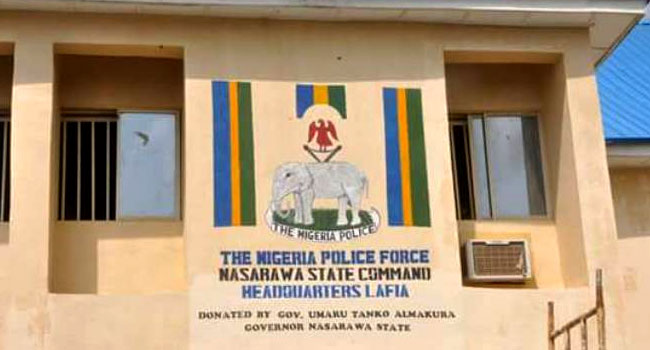The House of Representatives has summoned the Managing Director of the Federal Road Maintenance Agency (FERMA), Engr. Chukwuemeka Agbasi, and his management team to appear before it over the deplorable condition of federal roads in Calabar and other parts of the South-South region.
Chairman of the House Ad-hoc Committee on the Abandonment of Awarded Calabar and Other South-South Federal Roads, Hon. Billy Osawaru, issued the directive at the committee’s maiden meeting on Thursday in Abuja.
The decision followed an unsatisfactory presentation by a FERMA Director, Usman Mohammed, who represented the Managing Director.
Members had queried the agency’s mandate, project status, and list of blacklisted contractors, but the representative failed to provide convincing answers.
According to Mohammed, FERMA awarded 158 projects in Cross River State between 2010 and 2025, with a total contract sum of ₦16.9 billion. He said relevant project documents had been submitted to the committee.
However, the lawmakers insisted that the FERMA boss must appear in person to clarify the status of the projects and submit all required documents.
In his remarks, Hon. Osawaru emphasized the committee’s resolve to ensure accountability, transparency, and good governance in the delivery of public infrastructure.
He lamented that the federal roads leading to and from Calabar have, for years, been in deplorable condition despite repeated budgetary allocations and assurances from relevant authorities.
“These roads are not just arteries of transportation; they are lifelines of commerce, social interaction, and economic development for millions of Nigerians,” he said.
“It is disheartening that despite years of promises, many of these projects remain abandoned, incomplete, or in poor condition.”
Osawaru added that the state of the roads has caused untold hardship to citizens, crippled businesses, isolated communities, and eroded public confidence in government.
He noted that the committee’s task is not to apportion blame but to uncover the root causes of the failures, identify responsible parties, and recommend corrective measures to prevent future recurrence.
“Our success depends on the sincerity and cooperation of all stakeholders,” he said. “The information to be provided will be critical in enabling the committee to produce a credible and comprehensive report for the House and, ultimately, for the Nigerian people.”






